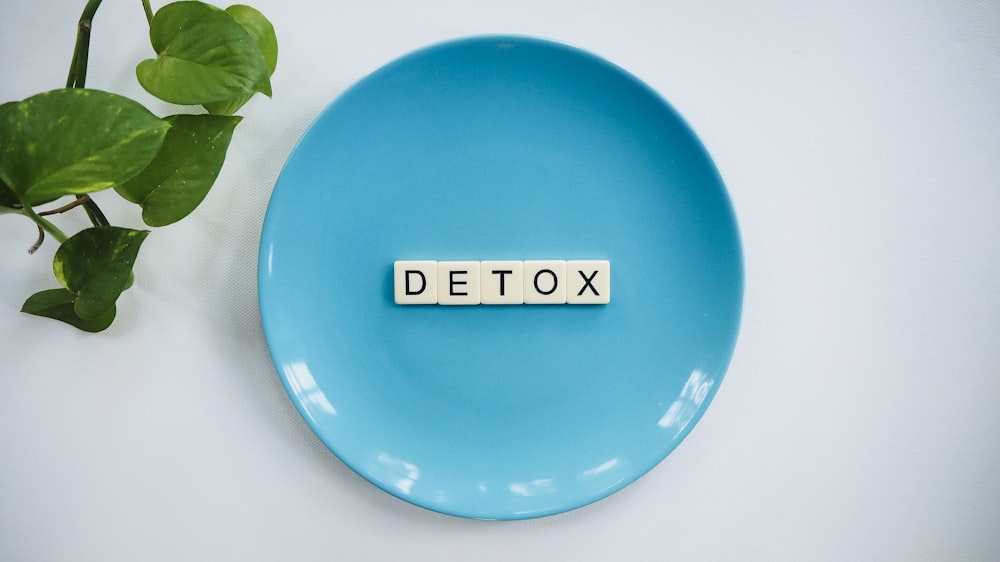
The COVID-19 pandemic has affected everybody, incorporating individuals with psychological wellness issue. Manifestations of nervousness and misery may intensify during this time. This can be hard for individuals in fixation recuperation, as nervousness and misery frequently co-happen with substance misuse.
Compulsion is regularly alluded to as an ailment of segregation since it impacts individuals’ capacity to shape and keep up solid connections. Quite a bit of treatment and recuperation happens in a gathering setting. Managing seclusion can be trying for individuals in fixation recuperation and may uplift sentiments of stress, stress, and uneasiness. These sentiments can trigger substance use.
Detoxification is the process by which the body can remove the drugs. Detox is intended to manage withdrawal symptoms safely by stopping drugs or alcohol.
Everyone has a different detox experience. The type of medicine and how long it has been used to have an impact on the detox.
The detox needs of everyone are different. The process usually involves three steps.
- Assessment
The medical team screens incoming patients for physical and mental conditions. Doctors use blood tests to measure the number of medicines in the system of the patient. This helps to determine the medication required.
A comprehensive review of medicine, medical, and psychiatric histories are also available. This information lays the basis for a long-term treatment plan for the patient.
- Stability
The next step is to stabilize patients with psychological and medical treatment. The stabilization purpose is to avoid harm to the patient. Doctors may prescribe drugs to prevent complications and reduce symptoms of withdrawal.
- Preparation of Treatment
The final move is to plan a therapy program. Doctors get to know the treatment process and what to expect of their patients. Hospitalization provides the highest chances of recovery after detoxification.
How To Choose A Detox Clinic

You will begin to restrict your options by knowing what to look for in a drug detox clinic and ensure that you get the best treatments.
- Medical Approach
Suffering is a chronic condition requiring medical attention to recover permanently. This is how the drug detox clinic will work to find out how this addiction works and what its psychological, physiologic, and neurological effects are.
This involves not only the use of critical reciprocal prevention medicines but also treatments to prevent addictions through the substitution of harmful patterns for new healthy behavior.
- Medically Supervised On-Site Detox
You receive essential medical and emotional support in a medically controlled environment in a safe and comfortable environment to reduce or eliminate withdrawal symptoms. Many of these programs, unfortunately, do not offer or offer offsite detoxes only.
- Evaluation and Treatment of Dual Diagnosis
Studies show that the integrated dual diagnosis treatment produces greater satisfaction of the client than the standard procedure.
It also allows you to gain greater insight into the roots of your substance abuse, helps you to make links between your emotional and addictive behaviors, and opens available pathways.
This learning and self-discovery process will lead to your recovery.
- Personal Care
Your addiction experience is unique, and your treatment should also be unique. High-quality treatment for addiction recognizes that everyone has individual needs and creates personalized treatment plans that draw on your strengths to help you meet your goals.
This treatment plan should include evidence-based treatment methods and group-based treatments together with holistic therapies to provide extensive treatment experiences that speak to you as a whole and not just as a dependent.
The Benefits of a Detox Clinic
Here, let us look at the main advantages that a drug detox clinic has for you or your loved one.
- Break the abuse process.
Drog-sufficient people should have to deal with their goal of getting rid of drugs in an environment free of drugs. The rehabilitation of drugs may start by detoxifying the addict to remove the body and treat withdrawal symptoms.
Not everyone must be detoxified by themselves, but detox alone is not sufficient to effectively break the addictive cycle in the long term. The real work of treating addiction begins when rehabilitation is complete.
- Learn about your addiction.
You can think about your addiction and learn more about yourself once you are free from drugs. Learning about your dependence means learning about people, things, sensory senses, and behavior, which leads to the desire for medicines.
Most drug rehabilitation facilities can help you to explore these triggers so that you can make a willing effort to prevent or manage them when you return to your everyday life.
- Take a look at the underlying problems.
There are many reasons why people are addicted to drugs, but you need to learn what draws you into the substance of your choice. Is it a way of dealing with stress? Will drugs allow you to get lost so that you have no mental or physical pain?
Are drugs a way of escaping responsibility, having permission from others, or belonging to a group? You need to peel back the layers of your behavior to understand the background of your drug behavior.
Rehabilitation consultants are trained to help you explore, understand, and build new coping skills that do not depend on substance use.
The Editorial Team at Healthcare Business Today is made up of skilled healthcare writers and experts, led by our managing editor, Daniel Casciato, who has over 25 years of experience in healthcare writing. Since 1998, we have produced compelling and informative content for numerous publications, establishing ourselves as a trusted resource for health and wellness information. We offer readers access to fresh health, medicine, science, and technology developments and the latest in patient news, emphasizing how these developments affect our lives.







